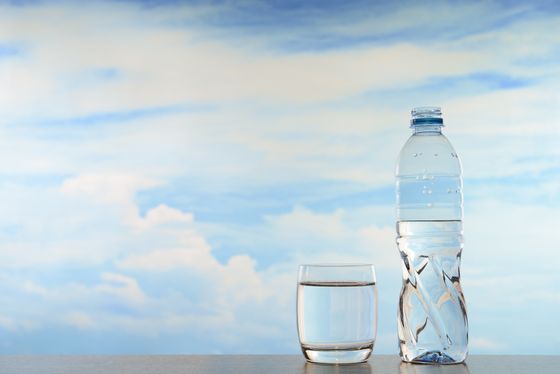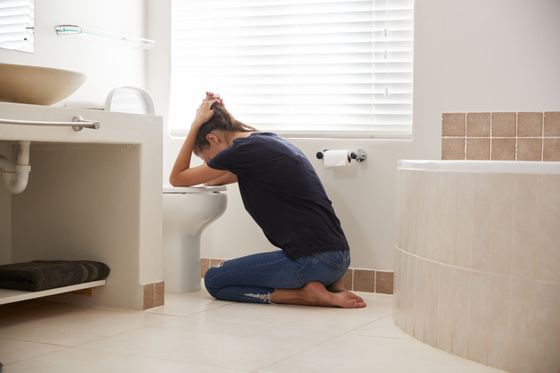Why do people get constipated?

By
Constipation, which is a symptom in which stools are not easy to come out, is a general unwell condition, but if it lasts for a long time, it causes stomachache, nausea and dizziness. The gastroenterologist Vincent Ho, a senior lecturer at the University of Western Sydney, described the cause of constipation and findings on constipation.
Health Check: what causes constipation?
https://theconversation.com/health-check-what-causes-constipation-114290
Many people have experienced constipation during travel, after taking painkillers, or fasting. Furthermore, for some people constipation may be more routine or long lasting. Constipation is related to the speed at which food travels through the large intestine, a process called ' colonic passage '. If there is something wrong with the passage of the colon because the stool is hard, etc., and it is constipated by it, it is called ' functional constipation ', and there are people who become constipated because the anal sphincter is narrow or torn Ho says.
◆ What is an ideal poop?
The Bristol Stole Scale , which classifies the condition of the poo, is considered to be an ideal flight for Type 3 or Type 4 sausage-like stools. Click on the images below to see in a visual way what each type of cat looks like.

However, according to Ho, there
◆ What affects pup?
·water
About 75% of poop are made of water. The water content drops below 75%, and the viscosity increases significantly, and the higher the viscosity, the more difficult it is to excrete causing constipation. In a pig experiment, a 20% decrease in the water content of the stomach increased its viscosity by about 240 times.
The water content of human faeces is regulated by the intestines. The average person needs 1 to 2 liters of water a day, but most of it is absorbed by the intestines, and the amount of water contained in one stool is about 100 ml.

By
Hydration is important because even mild dehydration can lead to constipation. However, drinking water does not mean that constipation is improved as you drink it, and it seems that taking more than a certain amount of fluid at one time has no effect. Therefore, it is important how often dehydration occurs, and coffee and alcohol cause dehydration, which may lead to constipation, Ho pointed out.
·Dietary fiber
Dietary fiber can keep moisture, which helps soften hard stools. Foods rich in dietary fiber shorten the colon transit time, so dietary fiber consumption has the effect of improving constipation. On the other hand, people who are born and who are slow in passing through the colon may not improve constipation even with dietary fiber intake, and excessive dietary fiber intake may actually make the condition worse.

By
However, it is known that dietary fiber is rather short for modern people. According to a survey in Australia, more than 50% of children and about 70% of adults are 'lack of dietary fiber'.
·motion
Exercise is effective for constipation, and some studies have shown that aerobic exercise is particularly effective among exercises. On the other hand, research has also been reported that YouTube and other exercise videos such as Yoga entitled 'Constipation Effective' are not so good at improving constipation.

By erikreis
・ Aging, pregnancy, physiology
Constipation is a fairly common problem for older people because of low dietary fiber, water intake, physical activity, medications, and so on. In addition, women are generally more likely to be constipated than men, and because of the hormone progesterone before and during menstruation, constipation is more likely. In addition, it seems that young women are prone to “colon transit time delayed constipation” that does not become palatable for several weeks.

By monkeybusiness
Also, constipation during pregnancy is a fairly common problem. According to a UK survey of more than 1,500 pregnant women, more than 39% of women at 14 weeks gestation suffer from constipation. During pregnancy, the surge of progesterone reduces the ability to digest food and excrete waste products and increases water absorbability from the intestine, and the uterus becoming larger causes pressure on the intestines, which causes constipation. It is said that
Related Posts:
in Note, Posted by darkhorse_log







